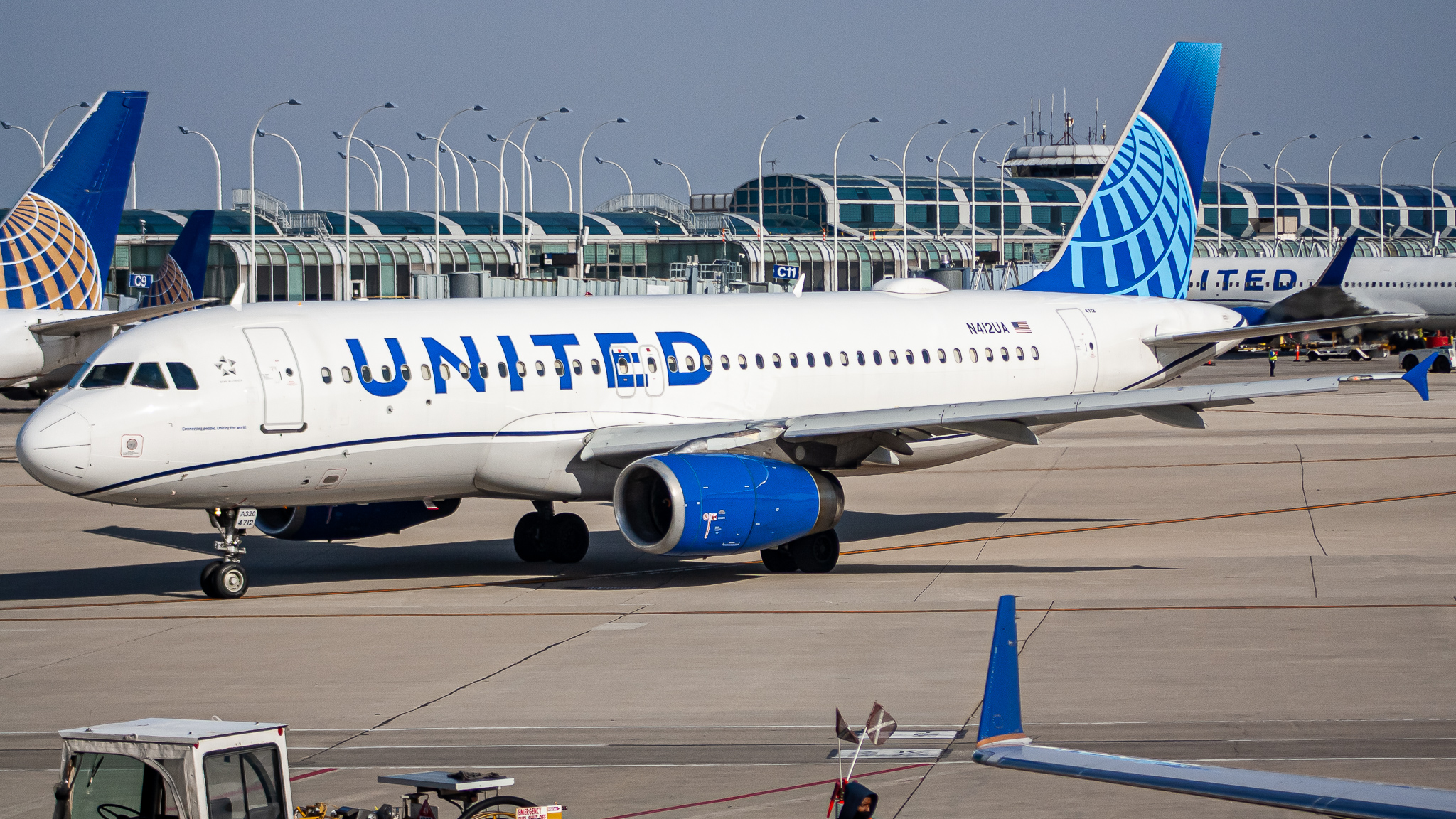On June 10th, United Airlines announced their intent to create "United Airlines Ventures", a corporate venture fund meant to deliver on their sustainability goals. The fund will make it significantly easier for United to invest in up-and-coming sustainable travel companies, such as electric aircraft manufactures and biofuel producers. All investments must fall under preset sustainability principles that allow them to reach net-zero emissions in 2050. They will allocate an initial $200 million dollars towards the venture with Mike Leskinen, Vice President of Corporate Development and Investor Relations, as president of the project.
This news came on the same day as American's announcement of investment in electric air taxis produced by Vertical Aerospace. Other airlines like Southwest have taken similar actions, United is the only major American airline to create its own venture fund.
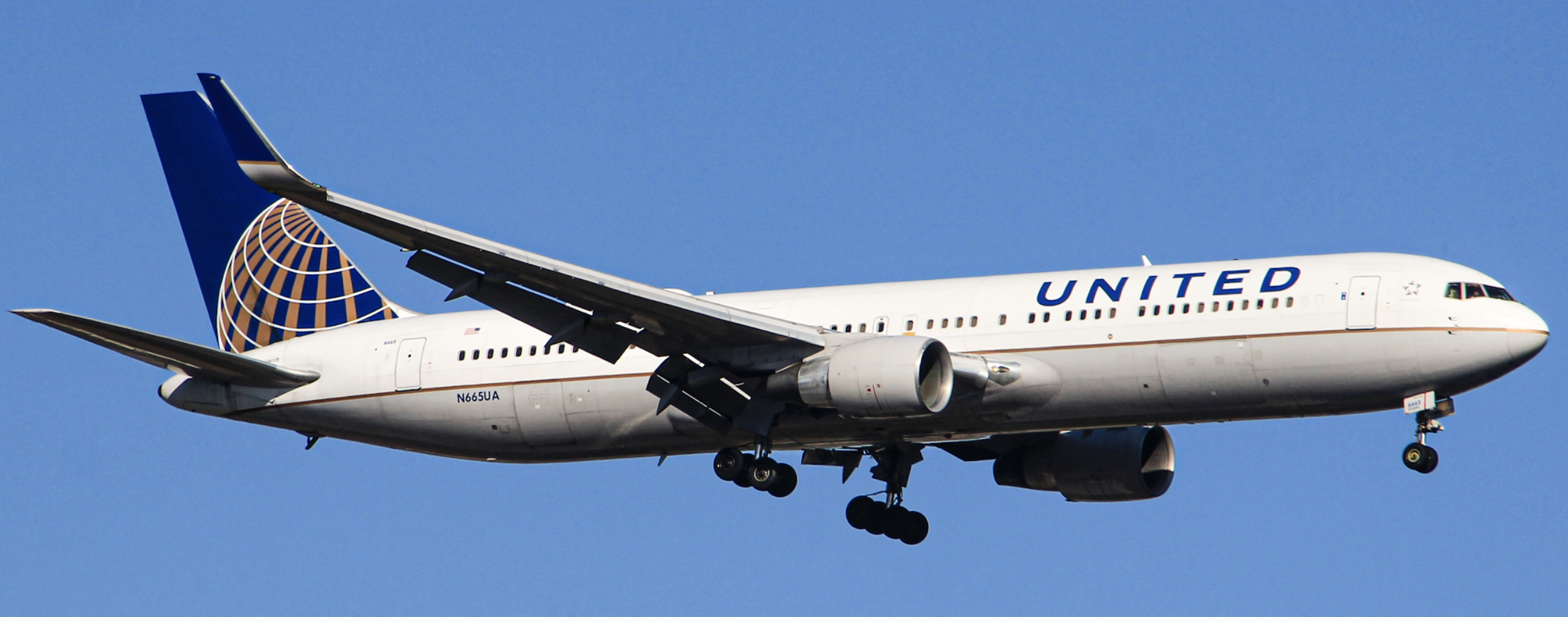
Many airlines have opted to offset emissions, which is considered by many climate activists as an excuse to continue polluting. Contrary to this, United's venture fund will allow the airline to reach its climate goals without needing to offset emissions while also expanding its customer base and flight experience with new technology. This move comes after two exciting partnerships with United. United agreed to purchase aircraft from the electric aircraft manufacturer Archer Aviation while also offering technical support to produce the aircraft. It is expected that United will purchase 200 of the small electric aircraft to serve routes operated by Mesa Airlines and other subsidiary carriers. More exciting, however, is United's interest in supersonic flight and their partnership with Boom, where they are expected to purchase "net-zero carbon" aircraft. While it is unclear what "net-zero carbon" means in this case, Boom seems to understand that the Concorde had terrible effects on the environment and they pledge to be different.
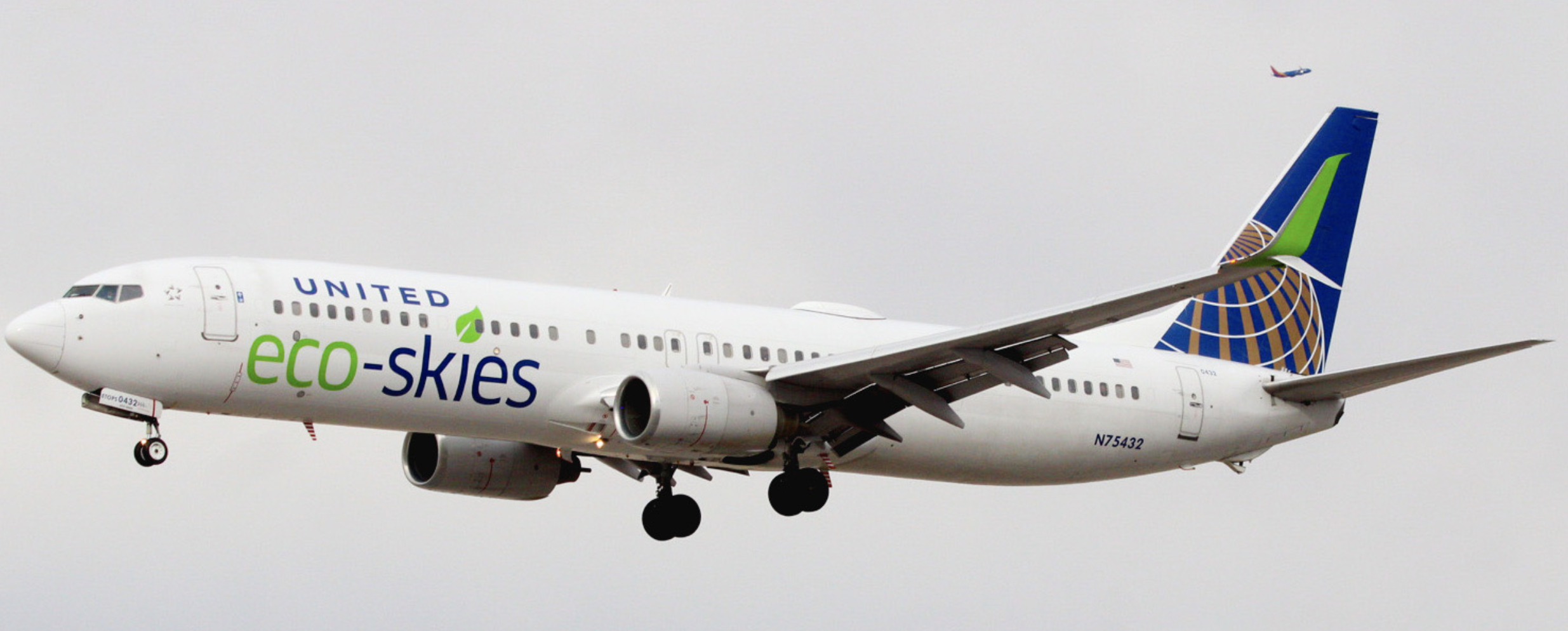
Whatever the outcome, United is taking visible steps to approach the climate crisis in a consumer-friendly way; they don't have to raise prices to cover the costs of biofuels, and the expectation is that electric aircraft will be relatively cheap to the consumer once in the skies. It may only be a matter of time before other airlines follow suit.
Could You Survive a Plane Crash? The Unlikely Science of Plane Crash Survival » Maldivian Airlines Introduces First-Ever Widebody Aircraft, Plans New China Flights » Passengers Encounter Bedbug Infestation on Multiple Turkish Airlines Flights »
Comments (0)
Add Your Comment
SHARE
TAGS
NEWS United Venture Sustainability Venture Capital Environment SustainabilityRECENTLY PUBLISHED
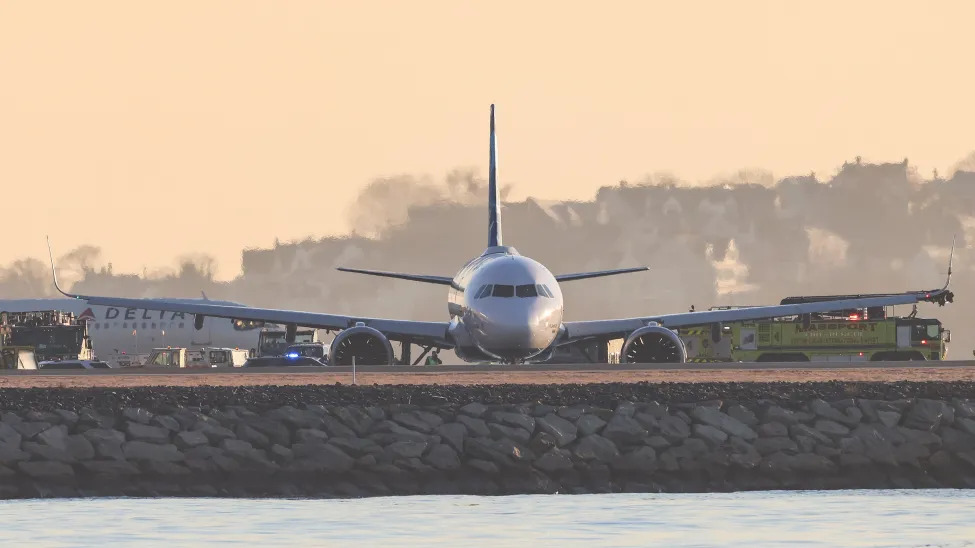 Could You Survive a Plane Crash? The Unlikely Science of Plane Crash Survival
With air travel consistently being heralded as the safest form of public transport, most of us do not board a plane pondering our chances of survival in the event of a crash. But, is it possible to survive one?
INFORMATIONAL
READ MORE »
Could You Survive a Plane Crash? The Unlikely Science of Plane Crash Survival
With air travel consistently being heralded as the safest form of public transport, most of us do not board a plane pondering our chances of survival in the event of a crash. But, is it possible to survive one?
INFORMATIONAL
READ MORE »
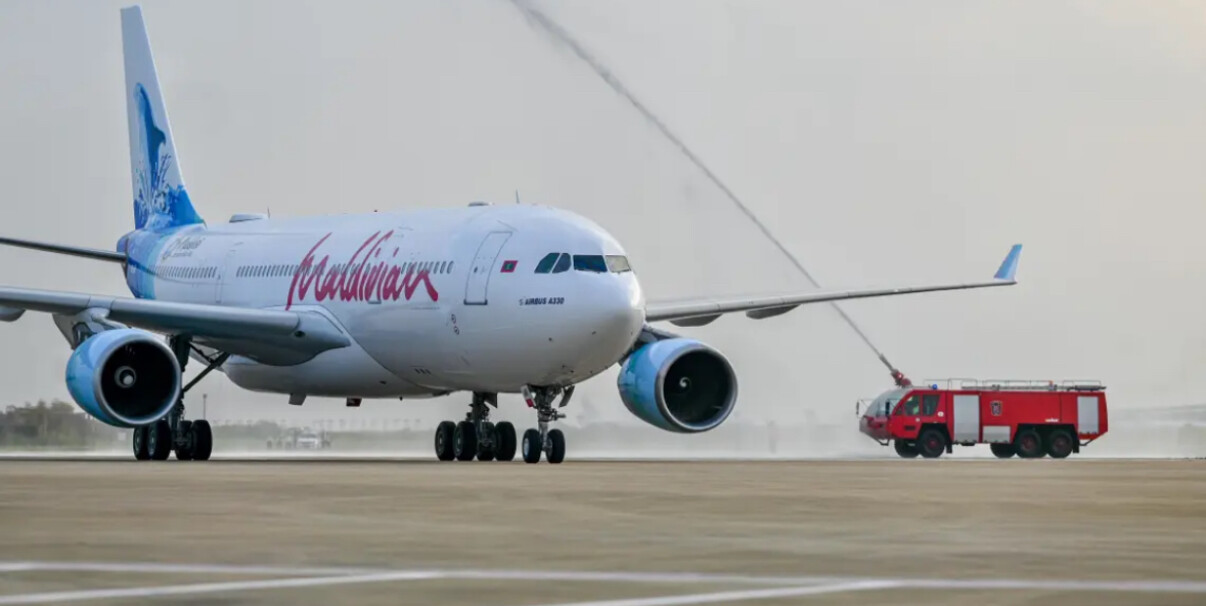 Maldivian Airlines Introduces First-Ever Widebody Aircraft, Plans New China Flights
Maldivian, the government-owned national airline of the Maldives, has just welcomed its first-ever wide body aircraft: the Airbus A330-200. With the new aircraft, the carrier also plans brand-new long haul international flights to China.
NEWS
READ MORE »
Maldivian Airlines Introduces First-Ever Widebody Aircraft, Plans New China Flights
Maldivian, the government-owned national airline of the Maldives, has just welcomed its first-ever wide body aircraft: the Airbus A330-200. With the new aircraft, the carrier also plans brand-new long haul international flights to China.
NEWS
READ MORE »
 Thousands of Flights Impacted as Winter Storm Blair Hits U.S.
Winter Storm Blair has unleashed a huge blast of snow, ice, and freezing temperatures across the Central and Eastern United States.
As of Sunday afternoon, over 6,700 flights and counting have been disrupted. This includes cancelations and significant delays leaving passengers scrambling to change flights and adjust travel plans.
NEWS
READ MORE »
Thousands of Flights Impacted as Winter Storm Blair Hits U.S.
Winter Storm Blair has unleashed a huge blast of snow, ice, and freezing temperatures across the Central and Eastern United States.
As of Sunday afternoon, over 6,700 flights and counting have been disrupted. This includes cancelations and significant delays leaving passengers scrambling to change flights and adjust travel plans.
NEWS
READ MORE »



